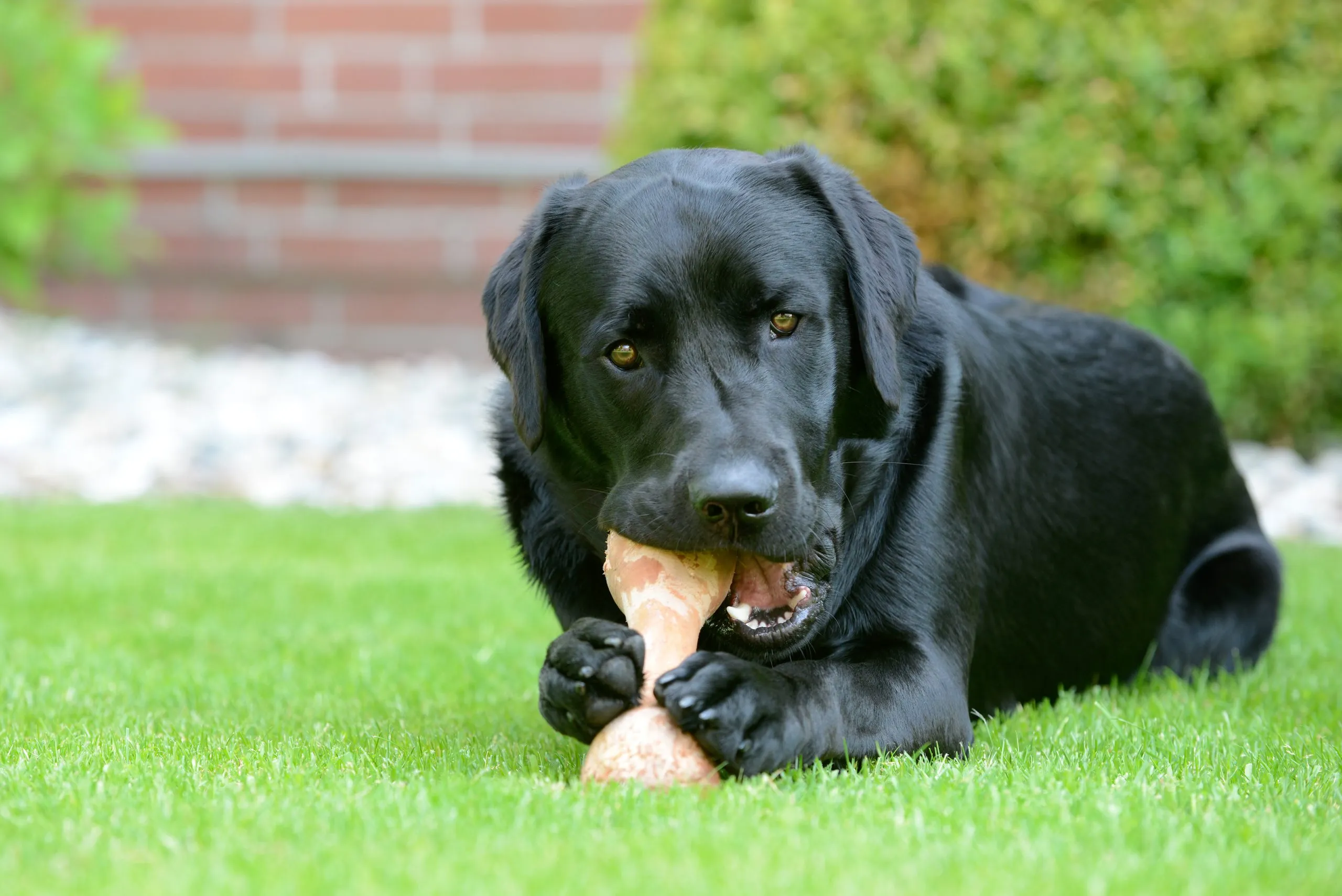As a dog owner, it's natural to want to treat your furry friend to tasty snacks, and bones often come to mind as a go-to treat. However, the question arises: can rib bones kill a dog? While many dogs enjoy chewing on bones, particularly rib bones, these treats come with significant risks that every pet owner should be aware of. In this article, we will explore the dangers associated with rib bones, particularly cooked ones, and provide safer alternatives for your canine companion.
1. The Danger of Cooked Rib Bones
The main concern with rib bones is when they are cooked. Here’s why cooked rib bones can be particularly hazardous:
-
Splintering: Cooked bones become brittle and can splinter easily when chewed. These sharp fragments can pose a severe threat to your dog’s health. If a splinter lodges in your dog’s throat or intestines, it can cause severe injuries, including:
- Lacerations: Sharp bone pieces can cut into the mouth, throat, or digestive tract, leading to bleeding and pain.
- Punctures: If a splinter penetrates the intestinal wall, it can cause peritonitis, a life-threatening infection.
-
Choking Hazard: Small pieces of rib bones can become stuck in your dog’s throat, leading to choking. This is a medical emergency and can result in:
- Asphyxiation: If the airway is blocked, it can prevent your dog from breathing, which can be fatal if not addressed quickly.
2. Digestive Issues
Even if a dog manages to swallow rib bones without choking, there are other significant risks:
-
Blockages: Large pieces of rib bones can create blockages in the gastrointestinal tract. Symptoms of a blockage can include:
- Vomiting
- Diarrhea
- Abdominal Pain: You might notice your dog whining, pacing, or showing signs of discomfort.
- Lethargy: A sudden drop in energy can indicate a serious health issue.
Digestive blockages often require surgical intervention to remove the obstruction and can be life-threatening if not treated promptly.
- Gastrointestinal Distress: Ingesting bone fragments can lead to constipation or diarrhea, potentially causing dehydration.
3. Signs of Distress in Dogs
If your dog accidentally consumes rib bones, keep a close eye on them for any signs of distress. Symptoms to watch for include:
- Vomiting or Diarrhea: This can indicate digestive upset or blockage.
- Abdominal Pain: If your dog is pacing, whining, or adopting a rigid posture, it could signify pain.
- Lethargy: A decrease in energy or enthusiasm for activities may be a warning sign.
- Loss of Appetite: If your dog refuses to eat, it could be a sign of a more serious problem.
If you observe any of these symptoms, contact your veterinarian immediately for advice.
4. Safer Alternatives to Rib Bones
To keep your dog safe while still allowing them to enjoy tasty treats, consider these alternatives:
-
Raw Bones: Many veterinarians recommend raw bones as they are less likely to splinter than cooked bones. Raw beef or lamb bones are good options, but ensure you supervise your dog while they chew.
-
Commercial Dog Chews: There are numerous dog chews available that are designed to be safe and nutritious. Look for products made from natural ingredients that promote dental health.
-
Fruits and Vegetables: Some dogs enjoy chewing on raw vegetables like carrots or apples, which are safe and healthy alternatives.
-
Homemade Dog Treats: Consider making your own dog treats with safe ingredients, like pumpkin, peanut butter, and oats. This way, you can control what your dog is consuming.
5. When to Consult Your Veterinarian
If you’re ever unsure about whether a certain treat is safe for your dog, it’s best to consult your veterinarian. They can provide tailored advice based on your dog’s health history, size, and breed.
Conclusion
While rib bones might seem like a fun treat for your dog, the risks associated with them—particularly when cooked—can be severe and potentially fatal. Instead, focus on providing safer alternatives that can satisfy your dog’s chewing instincts without putting their health at risk. Always prioritize your pet's safety and well-being when it comes to their diet and treats.
Takeaway Tips
- Avoid Cooked Bones: Never give your dog cooked rib bones due to the risk of splintering and choking.
- Opt for Raw Bones: If you choose to give bones, select raw options and supervise your dog during chewing.
- Explore Safe Alternatives: Look for safe dog chews and homemade treats that provide nutrition without the risks associated with bones.
If you suspect your dog has ingested rib bones and are concerned about their health, it’s essential to contact your veterinarian for guidance and support. Your dog’s safety is the top priority!


